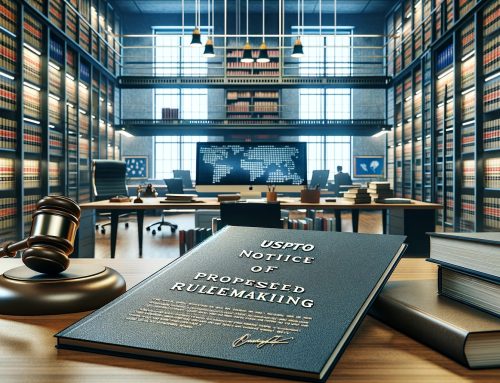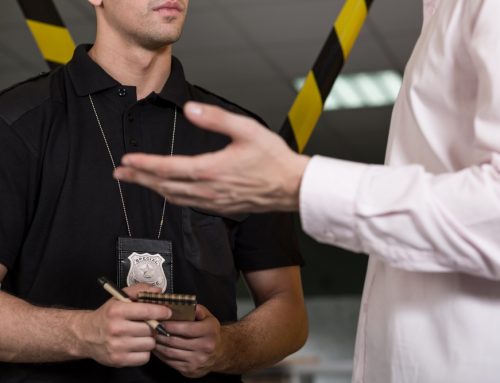Introduction
Pursuing a legal career in Florida is a fulfilling path, but joining the Florida Bar is a demanding journey. That is why you may need a Florida Bar admissions attorney. A crucial stage in this process is the investigative hearing conducted by the Florida Board of Bar Examiners. This article sheds light on the aims and extent of these hearings, offering valuable insights and advice to future lawyers looking to comprehend and get ready for this significant event in their legal pursuits.
The Objective of Investigative Hearings
The main goal of investigative hearings is to evaluate the character and fitness of those seeking to join the Florida Bar. While academic accomplishments and legal expertise are vital, the Florida Board of Bar Examiners also wants to confirm that each candidate possesses the essential moral and ethical attributes to practice law in Florida.
The intention of the hearing is not to eliminate or intimidate applicants but rather to uphold high standards within the legal profession and protect public trust in the legal system. Consequently, the Board is tasked with meticulously examining each candidate’s background to decide their eligibility for Bar admission.
The Breadth of Investigative Hearings
Investigative hearings are extensive and may probe various aspects of a candidate’s life. Some primary areas the Board might investigate during the hearing include:
- Academic Records: The Board will examine the candidate’s law school records, such as grades, class ranking, and any instances of academic misconduct or dishonesty. The candidate’s undergraduate records may also be analyzed to identify patterns of academic performance and behavior.
- Professional Conduct: The Board will closely inspect any previous legal experiences or internships for indications of ethical or professional misconduct. Furthermore, they may inquire about the candidate’s interactions with colleagues, mentors, and supervisors to assess their professional attitude and reputation.
- Personal History: The candidate’s personal background plays a significant part in the hearing. The Board may investigate occurrences involving criminal behavior, substance abuse, financial mismanagement, or mental health issues. The objective is to determine if the candidate has addressed these matters and can exhibit a dedication to ethical and responsible behavior.
- Disciplinary History: If the candidate has a history of disciplinary actions, whether in academic or professional environments, the Board will delve into the situations surrounding those incidents. They will evaluate if the candidate has taken responsibility for their behavior and made efforts to improve.
Conclusion
The investigative hearing before the Florida Bar is a vital part of the admission process and it is important to know and understand the Rules of the Florida Board of Bar Examiners. Comprehending its purpose and range can assist law students in preparing for the hearing and tackling any potential issues beforehand. By being open, honest, and accountable for past actions, aspiring lawyers can demonstrate their dedication to practicing law ethically and successfully maneuver through the investigative hearing process. Keep in mind, the aim is not to be flawless, but to prove that you possess the necessary qualities to be a reliable and skilled legal professional in Florida.







